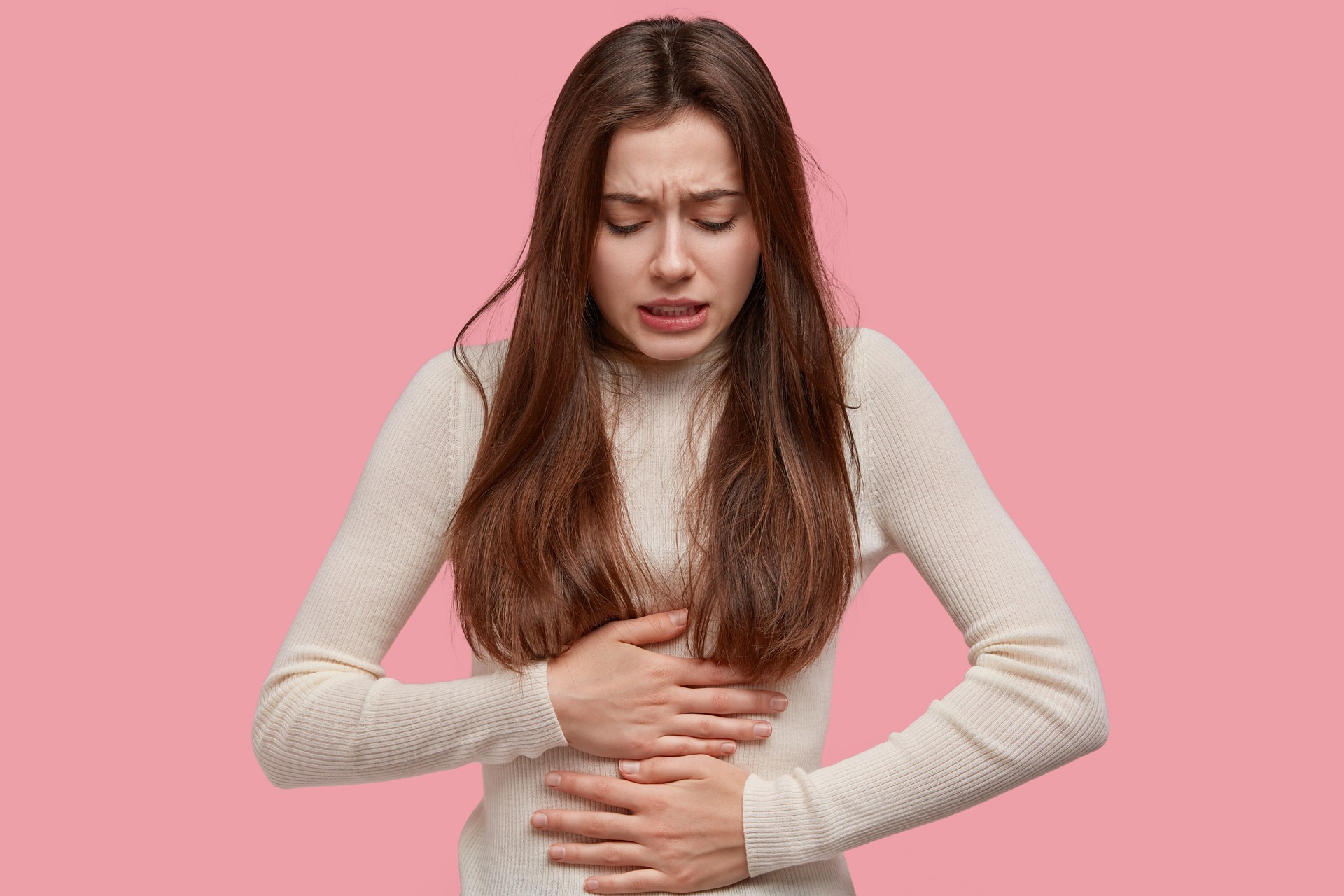Visitors have accessed this post 194 times.
Menstrual Health is Important
Good menstrual health is important for overall health and well-being. It is important for adolescents and women to have accurate information about menstrual health and to know how to take care of their bodies during their menstrual cycles in order to maintain good health. By taking care of their menstrual health, adolescents and women can reduce the risk of health problems and lead healthy, active lives.
If there are not taken care of properly, it can affect a person’s physical and emotional well-being. Many adolescents and women experience various menstrual health issues such as cramps, irregular periods, and PMS (pre-menstrual syndrome). These issues can interfere with a person’s daily life and activities. In addition, inadequate menstrual hygiene can lead to health problems such as infections.
What is the Menstrual Cycle:
Menstruation is a normal, physiological process that occurs as part of the menstrual cycle in females of reproductive age. The menstrual cycle is the process by which the body prepares for pregnancy each month. When an egg is not fertilized, the uterus sheds its lining, and this shedding is what is referred to as menstruation or a period.
A normal menstrual cycle for a woman or girl usually occurs every 21-35 days and lasts for 3-7 days. The length of the menstrual cycle and the amount of blood flow can vary from person to person. It is considered normal to have some variations in the length and regularity of menstrual cycles.
However, if you are experiencing irregular periods or periods that are much longer or shorter than usual, it is a good idea to speak with a healthcare provider. Irregular periods can be a sign of an underlying health condition, such as polycystic ovary syndrome (PCOS), or they may be a side effect of certain medications.
Menstrual Hygiene:
It involves taking care of the body during the menstrual cycle and using products such as pads or tampons to absorb menstrual blood. Good menstrual hygiene can help to prevent infections and other health problems.
Here are some tips for maintaining good menstrual hygiene:
1) Change pads or tampons frequently: It is important to change pads or tampons every 4-6 hours to prevent the risk of infections.
2) Wash your hands before and after changing pads or tampons: This can help to prevent the spread of bacteria.
3) Keep the genital area clean and dry: Use mild, unscented soap to wash the genital area during your period. Avoid douching, as it can disrupt the natural balance of bacteria in the vagina and increase the risk of infections.
4) Choose the right products: Pads, tampons, and menstrual cups are all suitable options for managing menstrual blood. Choose the one that is most comfortable and convenient for you.
5) Dispose of pads and tampons properly: It is important to wrap used pads and tampons in paper or plastic before disposing of them in a trash bin.
Having an irregular period:
Myths about gaining body weight for irregular periods:
There is no direct link between menstrual cycle regularity and body weight. However, having irregular periods can sometimes be a sign of an underlying health condition, such as polycystic ovary syndrome (PCOS), which can cause weight gain. PCOS is a hormonal disorder that can cause irregular periods and make it more difficult to lose weight.
In general, maintaining healthy body weight and eating a balanced diet can help to regulate menstrual cycles and improve overall health. However, it is important to note that every person is different, and factors such as genetics, lifestyle, and overall health can all affect menstrual cycle regularity and body weight. It is always a good idea to speak with a healthcare provider if you are concerned about your menstrual cycles or weight.
There are a few lifestyle changes that may help to regulate them:
1) Maintain a healthy body weight: Being either underweight or overweight can disrupt menstrual cycles.
2) Exercise regularly: Regular physical activity can help to regulate menstrual cycles.
3) Eat a balanced diet: A diet rich in fruits, vegetables, and whole grains can help to regulate menstrual cycles.
4) Reduce stress: High levels of stress can disrupt menstrual cycles.
Natural food methods to regularize the menstrual cycle?
· Increase intake of fruits, vegetables, and whole grains: A diet rich in these types of foods can help to regulate menstrual cycles.
· Eat enough iron: Iron is important for maintaining healthy menstrual cycles. Good sources of iron include red meat, poultry, fish, beans, and leafy green vegetables.
· Avoid processed and sugary foods: These types of foods can disrupt menstrual cycles.
· Eat enough healthy fats: Healthy fats, such as those found in avocados, olive oil, and nuts, can help to regulate menstrual cycles.
· Avoid skipping meals: Skipping meals or following a very low-calorie diet can disrupt menstrual cycles.
How to reduce period cramps:
· Exercise: Light to moderate physical activity can help reduce cramps.
· Heat: Applying heat to the abdominal area can help relax the muscles and reduce cramps.
· Over-the-counter pain medication: Non-steroidal anti-inflammatory drugs (NSAIDs) such as ibuprofen and naproxen can help reduce cramps.
· Getting enough rest: Getting enough sleep and reducing stress can help alleviate cramps.
· Avoiding certain foods: Some people find that avoiding caffeine, alcohol, and salty or sugary foods can help reduce cramps.
· Trying alternative therapies: Some people find relief from cramps using alternative therapies such as acupuncture, massage, or herbal remedies.
· Birth control pills: Taking birth control pills can help regulate menstrual cycles and reduce the severity of cramps.